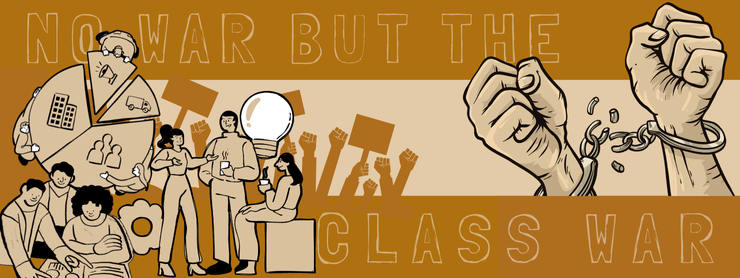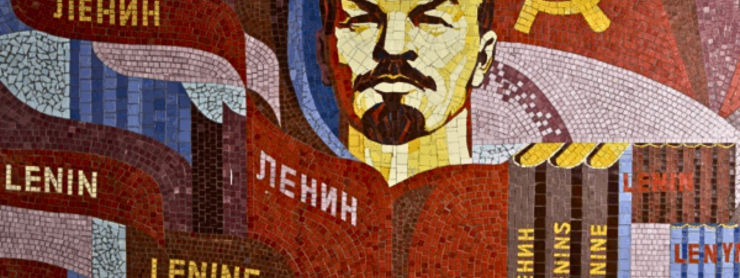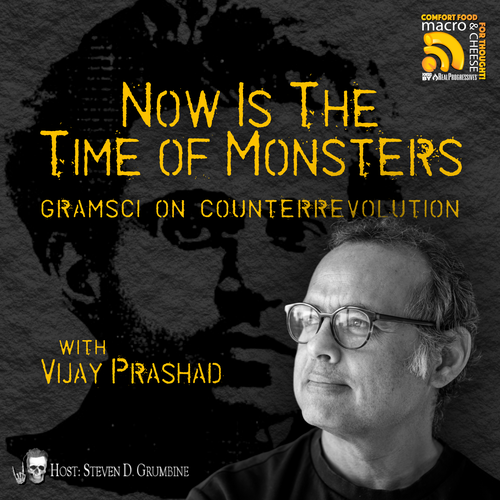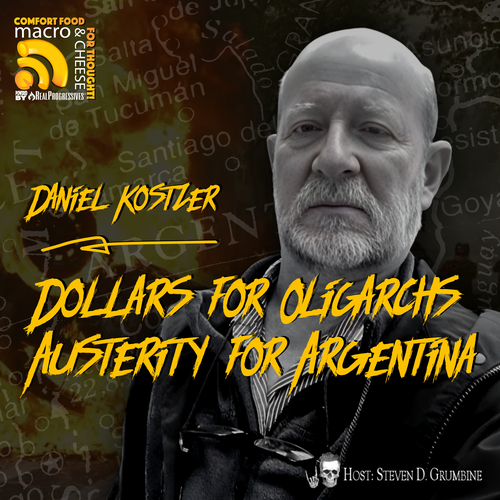We live in a world that prefers its revolutions Instagram-ready – all dramatic moments and viral slogans, none of the unphotogenic toil that actually builds power. Modern Monetary Theory has given us the liberating knowledge that money is no true barrier to housing, healthcare, or climate justice, but this truth remains academic until ordinary people decide to make it material through the slow, stubborn work of organizing.
The real story of social change isn’t found in the explosive moments that make history books, but in the countless ordinary hours that make those moments possible. It’s in the church basements where the Panthers prepared breakfast for hungry children before sunrise, the kitchen tables where union organizers mapped out shop floor strategies after their factory shifts ended, the living rooms where neighbors plan how to defend their community against speculators and police. These are the uncelebrated spaces where power is actually built – not through grand gestures but through showing up, again and again, when it would be easier to stay home.
Fred Hampton’s Rainbow Coalition didn’t spring fully formed from a moment of inspiration. It was painstakingly constructed through late night meetings with street gangs who’d been taught to see each other as enemies, through shared meals between Appalachian white workers and Black Chicagoans who discovered their struggles were intertwined, through the unglamorous work of finding common cause where the system had sown division. The coalition’s power came not from its rhetoric but from its relentless commitment to doing what mainstream politics considered impossible – forging unity across carefully constructed racial and geographic divides.
In the mountains of Chiapas, the Zapatista movement has maintained its autonomy for decades not through dramatic confrontations alone, but through the daily discipline of self-governance. Their revolution lives in the Indigenous women learning to be health promoters in remote villages, the farmers implementing sustainable agriculture methods, the communities practicing direct democracy through assemblies that last entire days. What looks from the outside like a heroic uprising is in fact an ongoing practice of everyday people making a difference.
This is the paradox we must confront: The path to transformative change is paved with mundane tasks. Understanding that our society could easily provide housing for all means nothing unless someone is willing to track down every vacant property in their neighborhood and organize tenants to occupy them. Knowing that full employment is financially simple changes nothing until workers are ready to disrupt business as usual through strikes and slowdowns. The elegant logic of MMT informed possibilities remains theoretical until people make it concrete by showing up at city council meetings month after month, turning abstract principles into unavoidable political demands. Even if we cannot vote our way out, we have to find people where they are and build capacity wherever we find opportunities to impact resistance.
The capitalist class maintains its power through daily discipline – the board meetings, the lobbying, the relentless pressure to maximize profits regardless of human cost. Our counterpower requires equal consistency: maintaining the phone trees that turn out crowds for actions, resolving the interpersonal conflicts that threaten to fracture solidarity, doing the emotional labor of bringing new people into the fold when seasoned activists burn out. These are the unsexy foundations upon which moments of historical rupture are built. They are also wasted on electoralism.
Grace Lee Boggs, author of The Next American Revolution: Sustainable Activism for the Twenty-First Century, understood this when she insisted that revolution begins with transforming ourselves. Not in some abstract spiritual sense, but in the concrete choices to attend the meeting after a long workday, to knock on one more door when we’re tired, to keep faith with the struggle even when the headlines move on. An awakening must occur. Without that shift, it is all talk. The civil rights movement didn’t succeed just because Rosa Parks sat down on a bus one day. She was part of an entire network of people who had been preparing for years to turn that moment into a sustained campaign, because organizers had painstakingly built relationships and trained new leaders through countless small gatherings.
It’s challenging to convince people to shift their energy from electing bum candidates in a fake system. But it’s time to move beyond the oligarch Olympics and the hollow routine of elections.
Our task is to become the people who do what needs doing when no one is watching. Be the ones caught working, not ignoring the necessary functions that push the ball forward. Who cook the meals for the sit-in, who drive the carpool to the picket line, who keep the community fridge stocked in ordinary times so it can sustain rebellions when they come. We’ll need to raise the funds, and we’ll need a collective willingness to do the hard, daily work of making liberation inevitable, not when the time is right, but now, when it’s most needed.
All of this to say, it is going to take far more than memes and emojis. It will take pushing forward through concrete steps that build knowledge, including study groups that turn economic theory into organizing plans. Tenant unions that transform abstract ideas about housing justice into collective resistance to evictions. Mutual aid networks that prove in practice another world is possible. Networks of hostels to house those who lose their homes as they serve on the front lines of direct action. These are the building blocks of real change. No, it isn’t sexy. No, you won’t be heralded a hero nor will it be the stuff of viral moments, but the slow, patient work of reassembling a broken world, piece by piece, relationship by relationship. Building community is tough work. But good work. Necessary work.
From the powerful to the cowardly, they tell us it can’t be done, or simply ignore us with their silence, and they are right when we give someone the “thumbs up” instead of showing up. We must become the living proof that it’s already being done. Show the hell up for meetings no one tweets about, the actions that don’t make the news, the quiet persistence of ordinary people doing extraordinary things together. Not someday, but today. Not when it’s easy (because it never will be), but now, when it’s hard. This is how we win or at least begin to make progress in waking the zombie hordes, addicted to their phones and excuses, but not doing the hard work that makes a difference.










1 thought on “The Unseen Labor of Liberation”